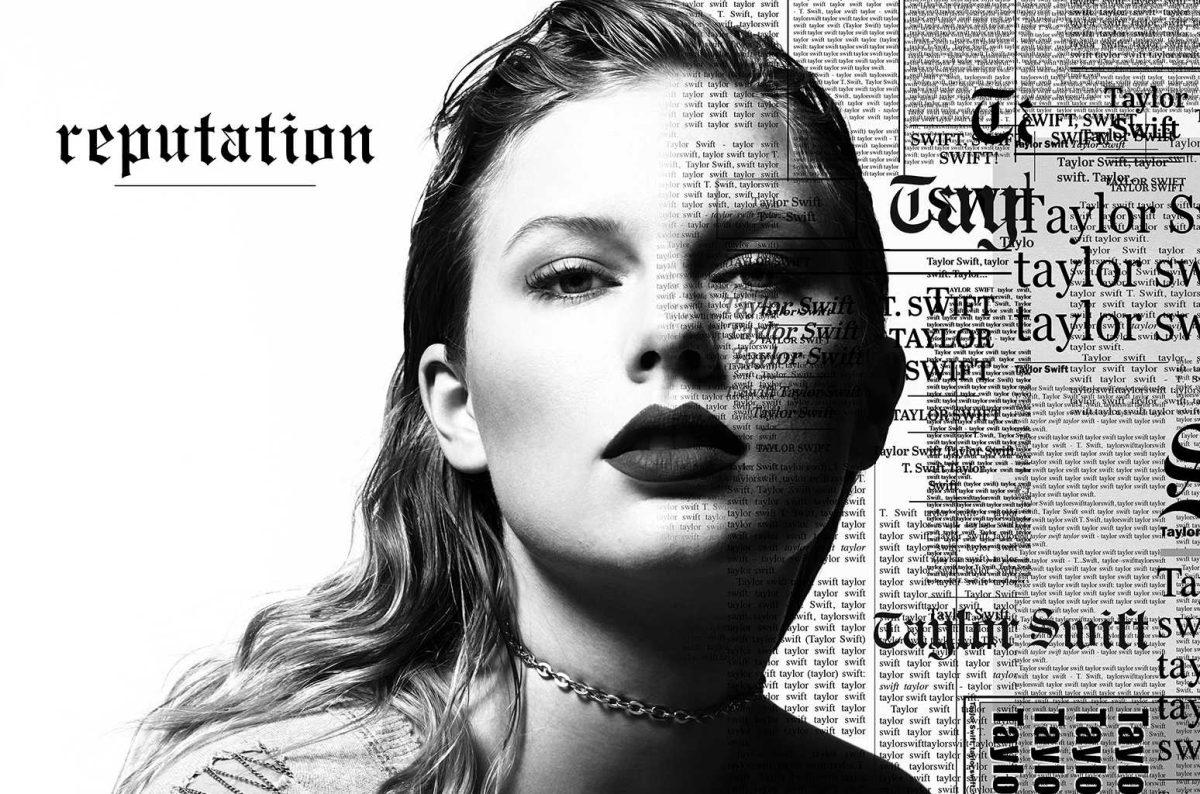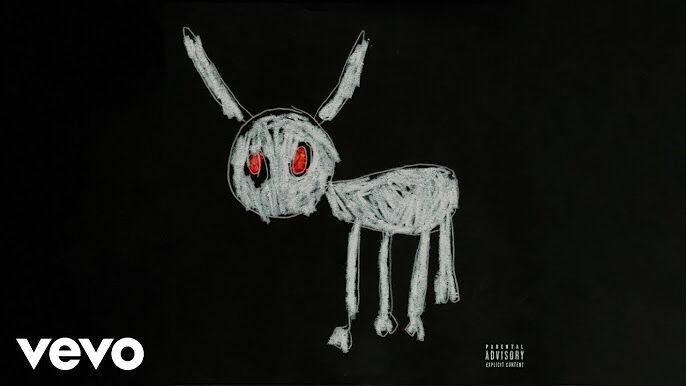STARS: 2/5
I didn’t know what to expect from one of 2017’s most anticipated albums, Taylor Swift’s “reputation,” especially after her bold declaration that the “old Taylor” was dead.
The first taste we received of “new Taylor,” single “Look What You Made Do” and its video, was an aggressive and overblown bass booming display of her expertise at holding grudges, playing the victim and making everything about her, typical of the most contemptible form of white feminism she seems to epitomize better than anyone in pop culture right now.
I’ve been Swift’s fan since her self-titled first album, and with each album she’s grown as a songwriter, producer and musician. “1989” was pop perfection in its Jack Antonoff-produced throwback to the ‘80s and one of my favorite albums of the year. But a lot has changed since 2014, and “reputation” is an unfortunate reminder of that.
While the album isn’t as focused on her grudges and feuds and is more about how happy she is in her new relationship, it’s still an immature exhibition of a 27-year-old woman obsessed with her reputation. I assume that by titling the album “Reputation” and dropping the word into a sizable chunk of the tracks, she wants listeners to get the idea that she doesn’t care about her reputation. But everything else surrounding the album says differently.
The album itself isn’t necessarily a bad album, but it’s the worst she’s ever released. On top of the awkward delivery found on most tracks that borders between bad rapping and dull speaking, her lyrics seem to have gotten noticeably more simplistic and less eloquent, focusing less on the complexities of emotion and relationships and more on her desire to seem more provocative than she actually is.
While most musicians can get away with frank discussions of sex and partying, Swift has spent the majority of her career pushing the image of a girl above it all. Sure, I’m well aware that people change, but it’s hard to take her seriously after projecting such a carefully manicured image, tailored for the young girls Swift has always been a role model for. And there’s nothing wrong with that, but switching it up so abruptly and without much warning is ineffective and unconvincing.
Other tracks are equally frustrating in their unoriginality, both in the grand scheme of popular music and within the scope of the album itself. After just three songs, I began to notice the repetitive production, combining Antonoff’s love of ‘80s reverb with Max Martin and Shellback’s Euro-pop. This gives the album a tiresome quality, making for a listen I couldn’t wait to be over.
It’s obvious that with the intense electronic feel of the album Swift is trying to keep up with the hip-hop heavy EDM style of popular music today— something she’s done well before, but this time she finds herself drowning. Her struggle to keep up with musical trends seems inauthentic and doesn’t add anything fresh to the musical climate; even a guest appearance from Future can’t save her. This is partly because of the lyrics and repetitiveness, but mostly because Swift’s nasally voice isn’t fit for these types of songs.
The album isn’t without its moments though, like “New Year’s Day,” “Call It What You Want” and radio-ready “Getaway Car” that feels like a B-side from “1989.” It serves as one of her only successful anthems of independence, something Swift has never been able to do well, as she seems most inspired when a man is involved.
While those tracks themselves may be good, the album as a whole reinforces the common belief that Swift is a woman stuck in the past, desperately
trying to jump into the future.
On “Delicate,” the fifth track, Swift makes a sort of thesis statement for the album: “My reputation’s never been worse, so he must like me for me.” With this one line, I started to understand what she’s trying to do.
With this, it seems like she doesn’t care to fix her reputation because she knows she’ll always have people, whether that’s in relationships or in her fandom, that will worship at her feet. And by taking advantage of those people, she’s done something more despicable than ever. She’s manipulated the world into thinking this album signified a change of image rooted in confidence, but in actuality she’s still a girl desperate for validation and unable to own up to her many mistakes.
Here’s hoping one day she learns.









